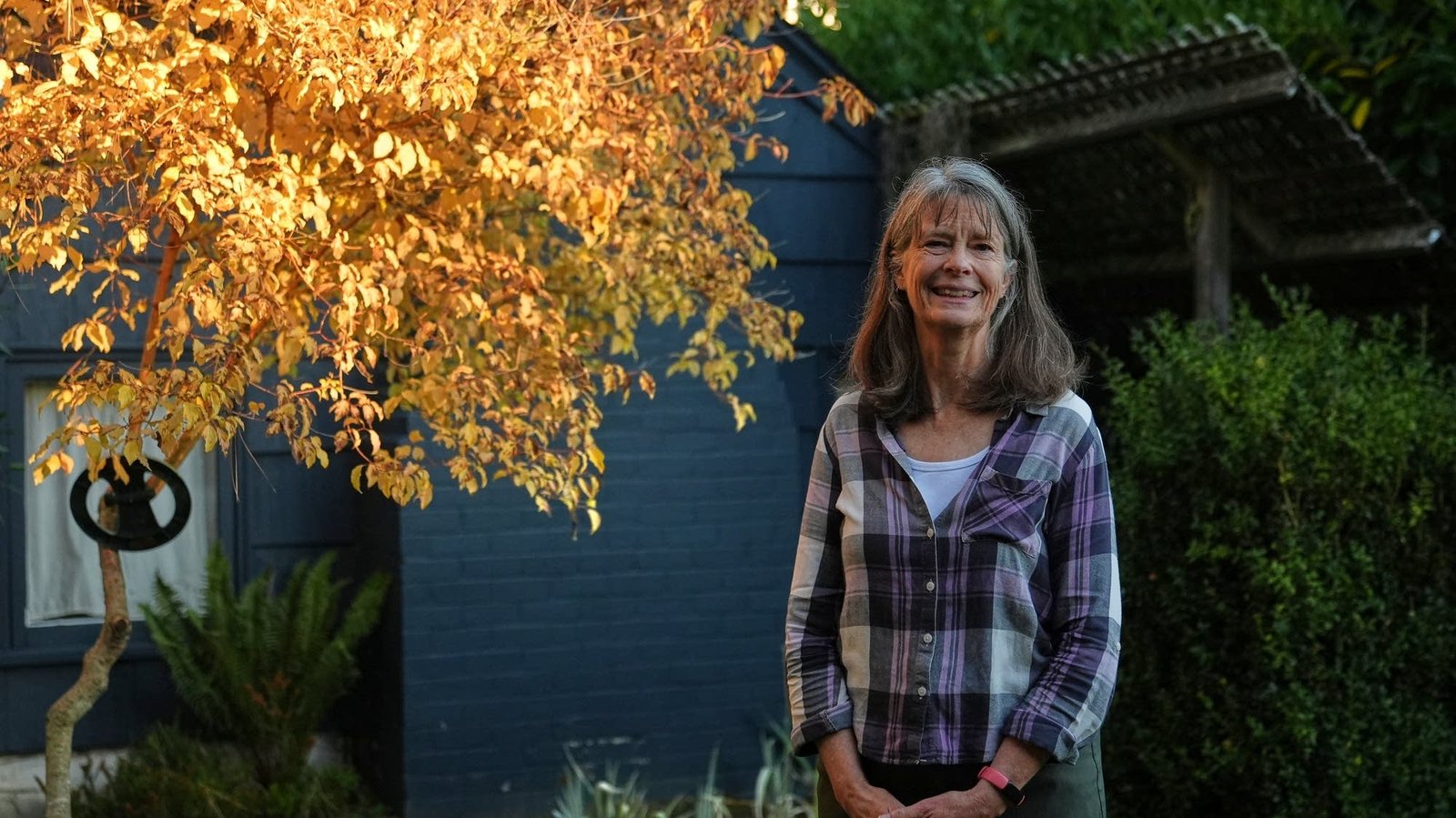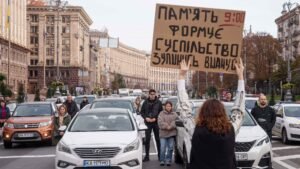
List of this year’s Nobel Prize winners
The announcement on Monday that three winners will share the Nobel Memorial Prize in Economics for their explanation of innovation-led growth highlights this year. Nobel Prizes home.
All of them, except for the Nobel Peace Prize, which was announced on Friday in the Norwegian capital, Oslo, were announced in Stockholm. The award ceremony will be held on December 10, the anniversary of Alfred Nobel’s death. Who founded the awards.
Here are this year’s winners:
drug
On October 6, the Nobel Prize in Medicine was awarded to Three scientists For their action on the immune system.
Mary E. Bronco, Fred Ramsdell Dr. Shimon Sakaguchi revealed the key pathway the body uses to keep the immune system in check, which is seen as important for understanding autoimmune diseases such as type 1 diabetes, rheumatoid arthritis and lupus.
In separate projects, the trio identified the importance of what are now called regulatory T cells. Scientists are using these findings in many ways: to discover better treatments for autoimmune diseases, improve the success of organ transplants, and enhance the body’s resistance to cancer, among other things.
Bronko, 64, now works as a senior program director at the Systems Biology Institute in Seattle. Ramsdell, 64, is a scientific advisor to San Francisco-based Sonoma Biotherapeutics. Sakaguchi, 74, is a distinguished professor at the Frontiers of Immunity Research Center at Osaka University in Japan.
Physics
On October 7, Nobel Prize in Physics It was awarded to three other scientists for their research into the “strangeness” of subatomic particles called quantum tunneling. This made it possible to achieve ultra-sensitive measurements Using magnetic resonance imaging machines And laid the foundation for better cell phones and faster computers.
Considering the work of John Clark, Michael H. Devoret, and John M. Martinez examines the apparent contradictions of the subatomic world—where light can be both a wave and a particle, and bits of atoms can tunnel through seemingly impenetrable barriers—and applies them to the more traditional physics of digital devices. The implications of their findings are just beginning to appear in advanced technology and could pave the way for development Supercomputing.
Clark, 83, conducted his research at the University of California, Berkeley. Martinez, 67, at the University of California, Santa Barbara; Devoret, 72, teaches at Yale University and also at the University of California, Santa Barbara. Clark led the project.
chemistry
On October 8, another scientific trio won the award Nobel Prize in Chemistry To develop new molecular structures that can trap huge amounts of gas inside them. Experts say this work lays the foundation for absorbing greenhouse gases from the atmosphere or collecting moisture from desert environments.
Experts say that the work of Susumu Kitagawa, Richard Robson, and Omar M. Yaghi “may contribute to solving some of the biggest challenges facing humanity.”
Kitagawa (74 years old) works at Kyoto University in Japan, while Robson (88 years old) studies at the University of Melbourne in Australia. Yaghi, 60, works at the University of California, Berkeley.
Literature
On October 9, Hungarian writer Laszlo Krasznahorkai He won the Nobel Prize in Literature for his work, which judges said upheld the power of art amidst “apocalyptic terror”. His surreal and anarchic novels combine a bleak worldview with a biting sense of humour.
Krasznahorkai, 71, has written more than two dozen books, including “The Melancholy of Resistance,” a surreal, disturbing story involving a traveling circus and a stuffed whale, and “The Homecoming of Baron Winkheim,” the sprawling saga of an aristocrat addicted to gambling.
Krasnahorkai was an outspoken critic of the authoritarian Hungarian Prime Minister Viktor OrbánEspecially his government’s lack of support for Ukraine after Russia launched an all-out war.
peace
On October 10, Maria Corina Machado Venezuela won the Nobel Peace Prize and was praised for being “a key and unifying figure in the once deeply divided political opposition.”
Machado, who turned 58 this week, was scheduled to compete against President Nicolas Maduro in last year’s presidential elections, but the government ruled her out. The period leading up to the elections witnessed widespread repression, including disqualification, arrests, and human rights violations. Maduro’s government has routinely targeted its real or perceived opponents.
Machado has disappeared and has not been seen in public since January, and as a result it is not clear whether she will attend the awards ceremony in Stockholm in December.
Machado became the 20th woman to win the Nobel Peace Prize, out of 112 people honored.
Economy
On October 13, Joel Mokyr, Philip Aghion, and Peter Hewitt won the Nobel Memorial Prize. Prize in economics. They were honored for their research on the impact of innovation on economic growth and how new technologies replace old technologies, a key economic concept known as “creative destruction.”
The winners represent contradictory but complementary approaches to the economy. Mokyr is an economic historian who delved into long-term trends using historical sources, while Hoyt and Aghion relied on mathematics to explain how creative destruction works.
Dutch-born Mokyr, 79, of Northwestern University. Aghion, 69, from the College de France and the London School of Economics; Canadian-born Hoyt, 79, of Brown University.












Post Comment